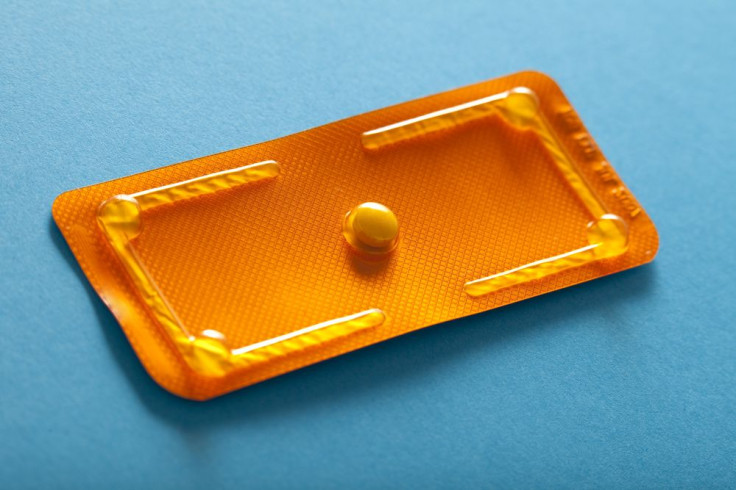Discounted Morning-After Pills Are Being Sold Online; While It's Good Overall, Women Should Buy With Caution

In April 2013, the Food and Drug Administration defied Secretary of Health and Human Services Kathleen Sebelius’s decision to ban emergency contraceptive Plan B One-Step from being sold over the counter. By approving the drug, also known as the morning-after pill, to be sold freely to women over 15, it eliminated the need for a doctor’s prescription and made access to the drug much easier in emergency situations. Now, generic brands can sell their versions of the pill over the counter too, but one company may be taking that liberty a bit too far.
Syzygy, a health care company launched last year, is the maker of AfterPill, which brands itself as “affordable contraception for women who want to be prepared.” It sounds honest enough; after all, the morning-after pill (active ingredient levonorgestrel) should be taken within five days of unprotected sex to avoid a pregnancy, and within 72 hours of sex for maximum effectiveness. The company is selling the pills at one for $20 and three for $60. It’s a bargain, with pharmacy prices of Plan B One-Step going as high as $55. It also makes access to the drug that much easier to, say, teenage girls who can’t always afford it, especially when they find themselves in a bind.
“We know that there’s a large number of women who take the risk of becoming pregnant after having unprotected sex instead of purchasing emergency contraceptives because the price is high,” said Jamie Barickman, managing director at Syzygy, according to Jezebel.
There’s no doubt the drug would really help these women. But how prepared should they actually be? In 2013, 34 percent of high school students reported having sex within the past three months, 41 percent of whom said they didn’t use a condom. By selling the drug in packs of three and at a lower price, it makes getting the drug easier than ever and could encourage teens to have even more unprotected sex — because hey, if the pill is so much easier to use, then why not use it instead of condoms, birth control pills, or other contraceptives.
Using the morning-after pill repeatedly won’t make it less effective and it won’t stop it from working. But health care professionals recommend women not to use it as a regular form of birth control because it’s not as effective at preventing pregnancy as intrauterine devices and other forms of birth control — it’s up to 89 percent effective within 72 hours of sex, but its effectiveness wanes as time passes.
By improving access to the morning-after pill, Syzygy is helping thousands, if not millions, of women obtain cheap and effective emergency contraception. But that’s exactly what it should be used for, and emphasizing that point and using it responsibly is paramount.



























